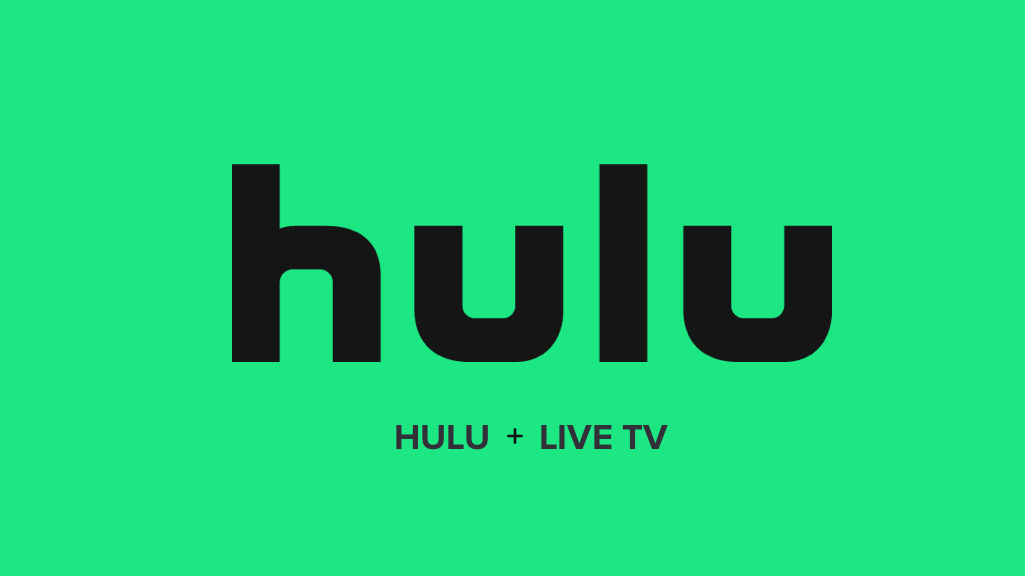They Huff and They Puff, But They Can't Get In
The professional video industry's #1 source for news, trends and product and tech information. Sign up below.
You are now subscribed
Your newsletter sign-up was successful
"There are things we got into earlier than we needed to, (like) interactive TV. Ten years ago, I said it was important. Today, do I say it's important? How much money did we make? Some big negative number."Bill Gates
So how important is interactive television?
Well, it depends on how you define it and how much money you have thrown at it. Personally, I think the two worlds of PC and TV will never fully merge, a la Gates's (apparent) vision, but interactive TV doesn't have to be defined that way.
All of which makes it entertaining to watch the PC titans AOL and Microsoft flex their bloated muscles to force the PC into the TV, at least on an application basis. In case you hadn't noticed (which is the point; no one's noticing), neither AOLTV or Microsoft's Ultimate TV (offered through DirecTV) or MSN TV (the revamped version of its older, inept Web TV product), have made inroads into U.S. homes.
That's because most consumers - OK, let's even say the vast, vast majority - simply don't and won't use their TVs to access e-mail, chat online or surf the Web. Like most everyone, I've got a TV in my living room, and I'll be damned if I have to trot in a wireless keyboard, read my e-mail off a TV screen or try to navigate the Web from my couch. Like most everyone, I've gotten used to doing those things on my PC at my desk, sitting in a chair. The TV is for relaxing, which is why I have a soft new sofa in front of it.
However, if a special pops up on my TV screen announcing a deal on a VOD movie I can record on my PVR and watch later, or ESPN gives me a different camera angle or extra stats for my baseball game - all at the push of a button - then I might be game.
MICROSOFT'S MISREADS
In my last column I noted the savvy iTV moves John Malone's Liberty Broadband Interactive Television (LBIT) unit has been making, picking up deflated iTV companies like Wink and OpenTV on the cheap. Not coming from a PC background, Malone seems to be aware of the limitations of television's interactivity - that it doesn't have to be based on a PC or Web model - and that viewers will only want a handful of interactive functions.
Not so AOL and Microsoft.
In Microsoft's case, it was clearly trying to force its OS model into the set-top space, and create a blissful future world where all TV boxes ran on Microsoft and all application companies and set-top manufacturers paid homage.
The first sign Microsoft's plans were going frighteningly awry came two years ago when AT&T rolled out iTV software from Liberate, ignoring a more sophisticated (read: problematic and pricey) option from Microsoft. That Microsoft had previously made a $5 billion investment in AT&T showed how bad its product must have been; what didn't help were significant delays in launching the software on various European set-tops.
Microsoft misread the market by creating a middleware that could perform numerous functions to put folks on the Microsoft path. Problem was, that software was ungainly and could only fit on newer, higher-priced set-tops, not the lower-priced digital cable boxes AT&T and others already had in subscribers' homes. Liberate swooped in with slimmed-down middleware that could run on boxes like the Motorola DCT-2000 and grabbed the deal. Once the market collapse punctured rollout plans for high-end boxes, Microsoft was doomed.
Recently Microsoft announced it was restructuring its Ultimate TV group, canning one-third of its 500 positions (500??!!), taking it out of the Microsoft TV division that licenses interactive TV software.(Now how does that make sense?)
AOL NOWHERE
As for AOL, the online company thought it had it made after using its stock (highly overvalued at the time, it turns out) to leverage a merger with Time Warner and gain access to its 12 million cable subscribers. But as we've seen on both the iTV and broadband fronts, those and other cable MSO subscribers have been slow to move to either AOL product.
AOL Anywhere? Well, in the TV at least AOL is nowhere to be found (except on those ubiquitous commercials!). Its first-generation AOLTV interactive set-top never caught on and it recently tanked a deal with PVR developer TiVo on a jointly produced iTV box, a venture AOL originally sunk $200 million into. (Hey, at least it's not wasting $5 billion.)
If you're reading this saying "Who cares?" remember what the pundits were predicting for iTV just a couple of years ago. As late as 1999 a Forrester report forecasted that iTV advertising would reach parity with the Internet in three years.
This is a brilliant illustration of massive corporations misreading the market and attempting to lay out a technological behavior path they expect consumers to follow.
So what are AOL and Microsoft guilty of?
A) Pursuing a logical but expensive and ultimately failed strategy to extend their assets from the PC and online worlds into the TV.
B) Overestimating the market for access to Web features from the TV.
C) Hubris
I choose D: All of the above.
You can reach Will at willworkman@hotmail.com.
The professional video industry's #1 source for news, trends and product and tech information. Sign up below.
